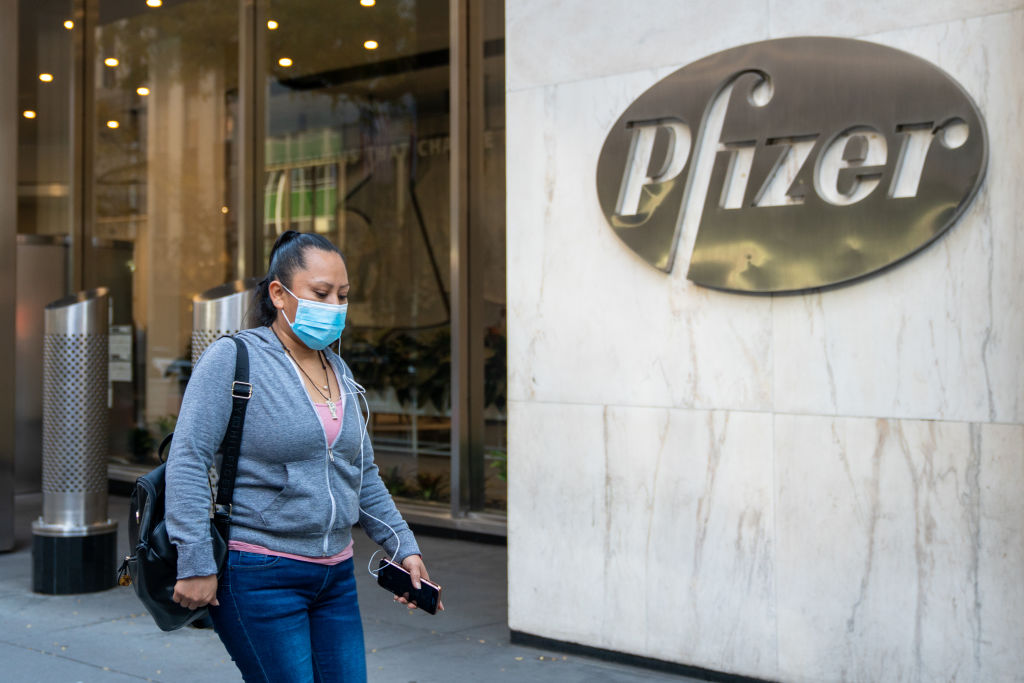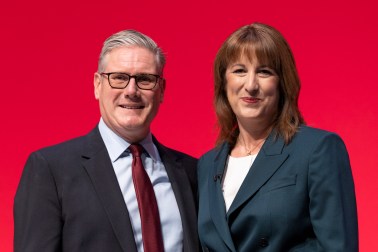There are still safety trials to be completed. Data has to be collected, checked, double-checked, and then peer-reviewed. And we still need to find out whether it is the most effective of the various candidates currently in development or whether there is something even better just around the corner. But the Pfizer vaccine has already proved something beyond any reasonable doubt. Free enterprise works. And for all its flaws, it remains the best system for solving complex problems.
Amid all the justifiable excitement over the potential approval of the first safe and effective vaccine against Covid-19 it would be easy to overlook one point: the vaccine was developed with private money. The US government set up Operation Warp Speed to fund lots of different initiatives for finding a scientific way out of this mess. But the American drugs giant decided against taking the money. The reasons were explained by its chief executive Dr Albert Bourla in an interview on American television, and his remarks are worth quoting in full:
‘I wanted to liberate our scientists from any bureaucracy. When you get money from someone, that always comes with strings. They want reports. I didn’t want to have any of that. Basically I gave them an open chequebook so that they can worry only about scientific challenges, not anything else. And also, I wanted to keep Pfizer out of politics, by the way.’
In fairness, Pfizer’s partner BioNTech received £335 million from the German government. But that only came in September, well after the original work had been done, and was for rolling-out the shot in Germany. In reality, this vaccine has been entirely privately developed.
Pfizer is a massively wealthy company (it developed Viagra) with a market value of £164 billion. It routinely spends hundreds of millions on developing new medicines, and reckons that enough of its bets will pay off for the company to make decent money. The Covid-19 vaccine market is going to be a big one. Morgan Stanley reckons it will be worth £7.5 billion a year, and the first company on the market will have a huge advantage – after all, if the Pfizer shot works and has few side effects, there isn’t much incentive to try another one. Pushing a vaccine through development is a perfectly sensible commercial proposition, and in this case looks like it will pay off.
The important point is surely this. As Bourla explained, government programmes are always political. They come with targets, demands, quotas and scrutiny. None of that is much use for sparking creativity, or innovative science, or for creating new ways of manufacturing a new product at scale.
Sure, as its critics from the left will no doubt be quick to point out, Pfizer will also have more freedom on pricing because it has not taken government support. But it is hard to imagine anyone really thinks £7.5 billion a year is an unreasonable price for ridding the world of this virus. Ten times that amount would still be a bargain. Free markets take a lot of criticism. We hear a lot about how companies have to be regulated, controlled, and taxed. It is easy to forget the virtues of an enterprise-based system. It is fast. It is flexible. It is creative. It is good at focusing on problems and fixing them. And, on the whole, the state is very bad at all of those things. Governments around the world have been left floundering by Covid-19. The free market is close to fixing the crisis, with a minimum of fuss, and in less than a year.






Comments